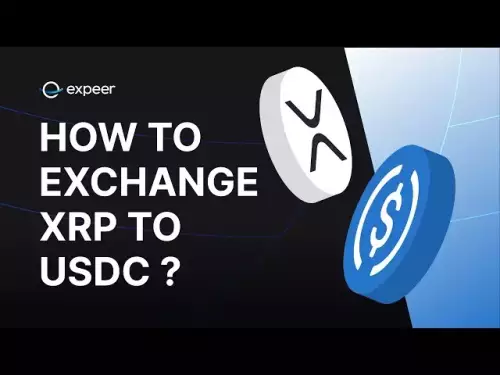 |
|
 |
|
 |
|
 |
|
 |
|
 |
|
 |
|
 |
|
 |
|
 |
|
 |
|
 |
|
 |
|
 |
|
 |
|
Cryptocurrency News Articles
Ethereum Foundation's Privacy Push: A New Era for Blockchain Confidentiality
Oct 09, 2025 at 03:01 pm
The Ethereum Foundation doubles down on privacy, launching a research cluster to enhance confidentiality across its ecosystem. Is this the key to mass adoption?

Ethereum Foundation's Privacy Push: A New Era for Blockchain Confidentiality
The Ethereum Foundation is making privacy a core component of its strategy, signaling a significant shift towards user confidentiality. This move, highlighted by the launch of a dedicated privacy research cluster, aims to address a critical need for both individual users and institutions interacting with the Ethereum blockchain.
The Ethereum Foundation's Privacy Cluster: A Deep Dive
The Ethereum Foundation has formalized its commitment to privacy by creating a dedicated research cluster. Coordinated by Igor Barinov, this cluster consolidates existing privacy initiatives, like Semaphore and MACI, and introduces new projects focused on private payments, identity solutions, and enterprise use cases. This cluster now boasts a team of 47 experts focused on developing protocol-level privacy features.
Key Initiatives Within the Privacy Cluster
- Private Transactions: Enabling confidential reads and writes for payments and interactions on the blockchain.
- Portable Proofs: Allowing users to prove identity and asset ownership without revealing sensitive data.
- zkID Systems: Implementing zero-knowledge identity solutions for selective disclosure of information.
- UX Improvements: Making privacy tools more accessible and user-friendly.
- Kohaku SDK: Developing a software development kit and wallet that incorporates strong cryptography by default.
Why Privacy Matters for Ethereum
Blockchains, by nature, are transparent. However, widespread adoption requires offering users and institutions the option to transact, govern, and build applications without exposing sensitive data. The Ethereum Foundation recognizes this, framing privacy as essential to Ethereum's credibility and long-term success.
Furthermore, the increasing sophistication of digital surveillance techniques, coupled with the rise of AI-driven threats, underscores the urgency of enhancing privacy within the crypto space. Regulatory pressures, such as the EU's proposed Chat Control law, are also driving demand for privacy-preserving solutions.
The Bigger Picture: Ethereum's Influence on the Crypto Ecosystem
With over 700 privacy-focused projects existing across the broader crypto landscape, Ethereum's influence is undeniable. As the leading smart contract platform, Ethereum's privacy primitives often set the standards for the industry. By delivering credible tools that balance privacy with neutrality and compliance, the Ethereum Foundation has the potential to shape the next generation of blockchain applications.
A Cautious but Deliberate Approach
The Ethereum Foundation's approach to privacy is characterized by open-source research, collaboration with institutions, and the development of tools for everyday users. This cautious yet deliberate strategy aims to navigate the complex landscape of privacy, balancing the need for confidentiality with regulatory compliance and the prevention of illicit activities.
Personal Thoughts: The Future of Privacy on Ethereum
The Ethereum Foundation's investment in privacy is a welcome development. However, success hinges on creating tools that are not only technically sound but also easy to use and widely adopted. The Institutional Privacy Task Force is particularly promising, as it addresses the specific needs of larger enterprises, paving the way for broader institutional adoption of Ethereum.
Also, the recent surge in Zcash (ZEC), driven by institutional interest and increased shielded transactions, underscores the growing demand for privacy coins and zero-knowledge proof technology. While some caution against speculative excess, the trend signals a broader recognition of privacy's importance in the digital age.
In conclusion, the Ethereum Foundation's foray into privacy is more than just a trend; it's a necessity for mainstream adoption. As Ethereum evolves, it's becoming clear that privacy is no longer an optional add-on but a fundamental building block. So, buckle up, folks, because the future of blockchain is about to get a whole lot more private!
Disclaimer:info@kdj.com
The information provided is not trading advice. kdj.com does not assume any responsibility for any investments made based on the information provided in this article. Cryptocurrencies are highly volatile and it is highly recommended that you invest with caution after thorough research!
If you believe that the content used on this website infringes your copyright, please contact us immediately (info@kdj.com) and we will delete it promptly.






























































